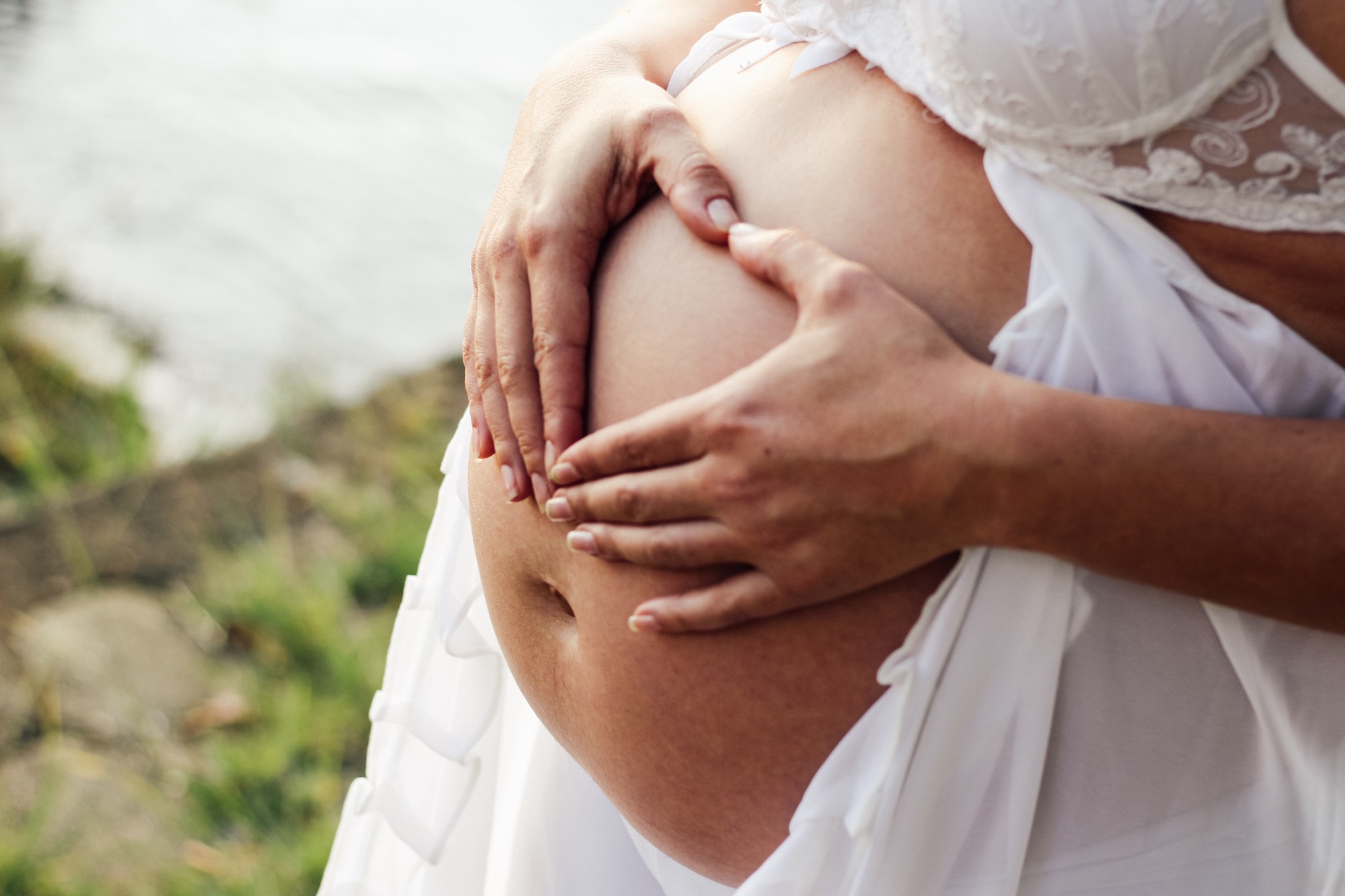Pregnancy is a fine example of your body’s adaptability. Your body changes in order to accommodate a growing baby and preparing for delivering a healthy new addition to your family. Pregnancy affects virtually every organ and system of your body with changes beginning within days of conceiving.
Initially, these changes are subtle as your fertilised egg positions itself into the wall of the uterus. You may not even notice any changes until the confirmation of your pregnancy test. Once you’re aware you are in fact pregnant, all your focus will be on the changes you experience as you move through your pregnancy, especially if it is your first.
Here, we highlight some of the key changes that occur to your body during the 38ish weeks of your pregnancy.
The First Trimester
During the first trimester, the changes you experience are caused by the increased levels of oestrogen and progesterone. As a result, your breasts might be swollen or tender, your energy levels flat and you may be feeling a little more irritable than normal. You may also feel waves of nausea and vomiting, commonly known as “morning sickness” due to the placenta producing the hormones oestrogen and human chronic gonadotrophin (hCG) to maintain the pregnancy.
Your cervix and uterus start to soften during the first trimester. The uterus also begins to grow which can put additional pressure on your bladder causing you to feel like you need to urinate frequently.
The Second Trimester
Fortunately, as your body adapts to the hormone changes and the pregnancy progresses into the second trimester, many of the unpleasant symptoms tend to dissipate. The “morning sickness” typically subsides around the 12th week, as does the tiredness. In fact, many women believe the second trimester is the more enjoyable phase of pregnancy.
Not only is it a common time for people to reveal their pregnancy to their friends and family, it’s also a time where
You may experience the “pregnancy glow” during this stage as well as stronger nails and glossy hair. However, it’s not uncommon to be a little more emotional from time to time as the pregnancy progresses and fluid retention that can cause your legs and ankles to swell slightly.
As your baby continues to grow, you will experience some mechanical changes that may lead to discomfort around the lower back, pelvis or ribs. At this time, your uterus will have extended beyond your pelvis and into your abdomen.
The Third Trimester
As you enter the third trimester, you may experience some discomfort due to your uterus having significantly expanded since conception. You may notice you have to make more frequent trips to the bathroom due to the heaviness of the uterus applying pressure on the bladder. Some women may also experience constipation due to the increased levels of progesterone and the enlarging uterus adding pressure to the rectum and lower part of your intestines.
Pressure can be placed on other structures including your breathing muscle (the diaphragm) and your ribs resulting in more difficult breathing. Your lung function will have also changed due to the increased production of progesterone. You may notice this at times when you become out of breath walking long distances or upstairs. Your breathing rate will also quicken as more oxygen is supplied for yourself and your growing baby.
Your circulation slows during the third trimesters and there is increased fluid retention. This means you’re likely to experience swelling around the feet, ankles, face and hands. In preparation for birth, your ovary and placenta release relaxin that will cause your ligaments to become more mobile and moveable. It also relaxes the ligaments in the pelvis and softens your cervix.
Because there is more mobility, your stability can be compromised and these ligaments and joints become more predisposed to injury. You may also notice a change in your stride as your walk becomes more a waddle. Swayback is another change we often see as the hip joints relax and the weight of the uterus increases.
You may also start to experience some tightening of your uterus and towards the later end of this trimester, contractions known as Braxton Hicks. These contractions are a normal way the body prepares for what lies ahead.
The changes you experience in pregnancy will differ from one expectant mother to the next. The body has a fascinating ability to adapt as it accommodates the needs of your growing baby and prepares for a safe and healthy delivery. Having an understanding of how your body may respond during the different phases of pregnancy can help you discover the best ways to support your individual needs during this exciting time.
